Here is a new idea for you that in 27 years of teaching, I had never thought of, something that my wife suffers from and something that I now see in the character of Miss Havisham.
I was recently watching the BBC version of this great novel by Charles Dickens, the one that stars the lovely Gillian Anderson as Miss Havisham, she who played Dana Scully in the hit TV show The X-Files, when I was struck by something and it has made me write this now, as a retired teacher, who suddenly had an idea and could not share it with a class full of students.
Now that is annoying to say the least!
Gillian plays Miss Havisham as a ghostly image and even says that she is “a ghost of a bride” she formerly was when jilted at the altar by her mysterious lover.

Now whether or not you think it is Compeyson (BBC show called Dickensian) who jilted her and then went on with his nefarious ways throughout the novel, only to die at the hands of Magwitch in the Thames, or not, is up to you, but it made me wonder.
Is Miss Havisham, in the novel, suffering from something we now call Social Anxiety Disorder? She definitely, in all versions of the novel and moving images, has what we would now call PTSD, or Post Traumatic Stress Disorder, due to what happened to her, which obviously was traumatic. But what of Social Anxiety Disorder?
So, what is S.A.D?
Google it and you find this….
“Social anxiety disorder, also known as social phobia, is a mental health condition characterized by an intense fear of social situations where one might be scrutinized or judged by others. Individuals with this disorder experience excessive anxiety and worry before, during, and after social interactions, often leading to avoidance behaviors and significant impairment in daily life.”
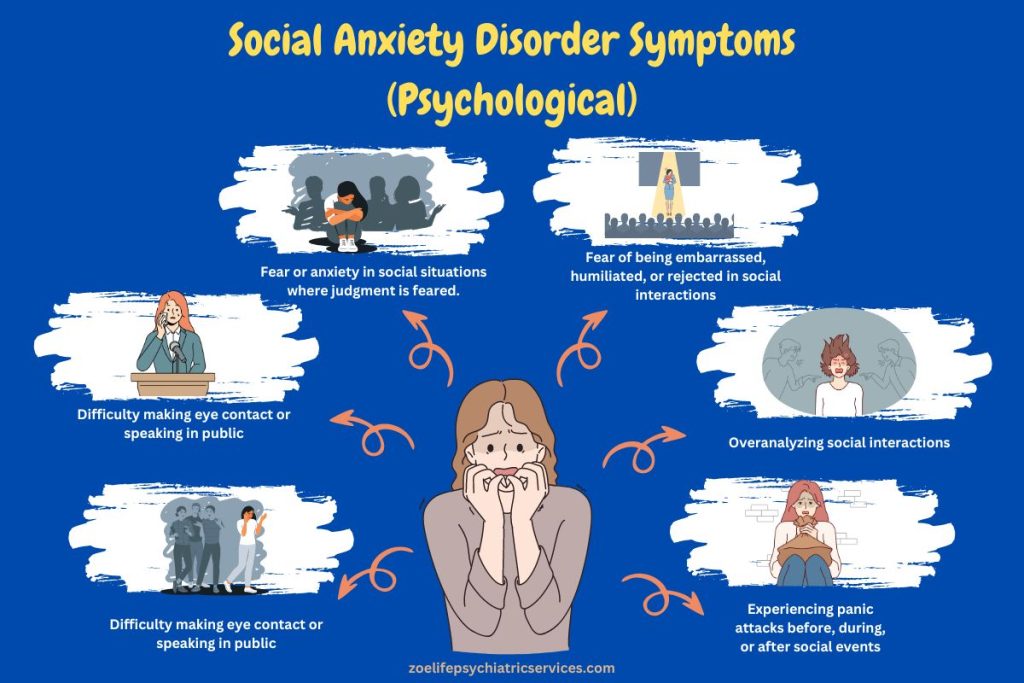
It is, very simply put, a form of mental illness brought on by trauma, so the answer is a possible yes, to her having this.
Go deeper and you get this….
Key Features:
Excessive Fear and Anxiety:
A core feature is the persistent and overwhelming fear of social situations, stemming from the belief that one will be negatively evaluated or rejected.
Social Situations:
This fear can encompass a wide range of social interactions, from public speaking and meeting new people to eating in public or using a public restroom.
Anticipatory Anxiety:
Individuals may worry for days or weeks before an anticipated social event.
Avoidance:
People with social anxiety disorder may avoid situations that trigger their anxiety, which can further isolate them and hinder their ability to function in various aspects of life.
Impairment:
Social anxiety disorder can significantly impact social relationships, work or school performance, and overall quality of life.
Physical Symptoms:
Anxiety can manifest physically through symptoms like rapid heart rate, sweating, trembling, and blushing.
Cognitive Symptoms:
Individuals may experience negative thoughts and beliefs about themselves and their social interactions, such as worrying about being judged or perceived as incompetent.
When you consider all of these things together, you get a character who among other things that you may have studied, is not simply a malicious woman intent on harming the male world with her adopted daughter, Estella, teaching her to become a weapon to hurt the men she meets, including Pip and her husband, Bentley Drummle, but what you see is a character that you can actually warm to, feel for in her times of need and commiserate with due to the pain she is in.
Consider where else she is mentioned and then think about this. In the Carole Ann Duffy poem, this is Havisham for a modern audience… a darker character, hence the picture below.
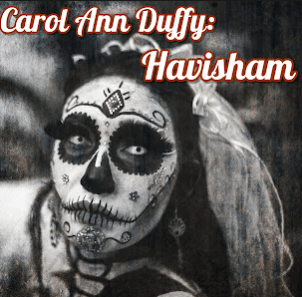
Havisham
Carol Ann Duffy
Beloved sweetheart bastard. Not a day since then
I haven’t wished him dead. Prayed for it
so hard I’ve dark green pebbles for eyes,
ropes on the back of my hands I could strangle with.
Spinster. I stink and remember. Whole days
in bed cawing Nooooo at the wall; the dress
yellowing, trembling if I open the wardrobe;
the slewed mirror, full-length, her, myself, who did this
to me? Puce curses that are sounds not words.
Some nights better, the lost body over me,
my fluent tongue in its mouth in its ear
then down till I suddenly bite awake. Love’s
hate behind a white veil; a red balloon bursting
in my face. Bang. I stabbed at a wedding cake.
Give me a male corpse for a long slow honeymoon.
Don’t think it’s only the heart that b-b-b-breaks.
The heartbreak is shared throughout this poem, as well as in the TV series called Dickensian, as the younger Havisham is shown before and right up to the event that causes her to become the person in Great Expectations.
But why does Gilliam Anderson play her as a ghost of a woman? Well maybe Dickens intended her that way when he created the character. So now, you have a task to enter into. With this in mind, find 5 quotes from the classic text to show that this indeed, could be true.
Do that and then share it with your teachers….
See what they think.
Blessings for September when it comes.
Mr. Johnson
English Teacher (Retired)
July 2025

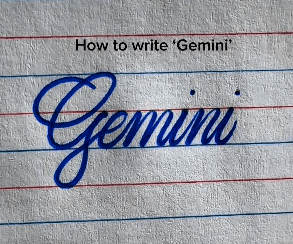
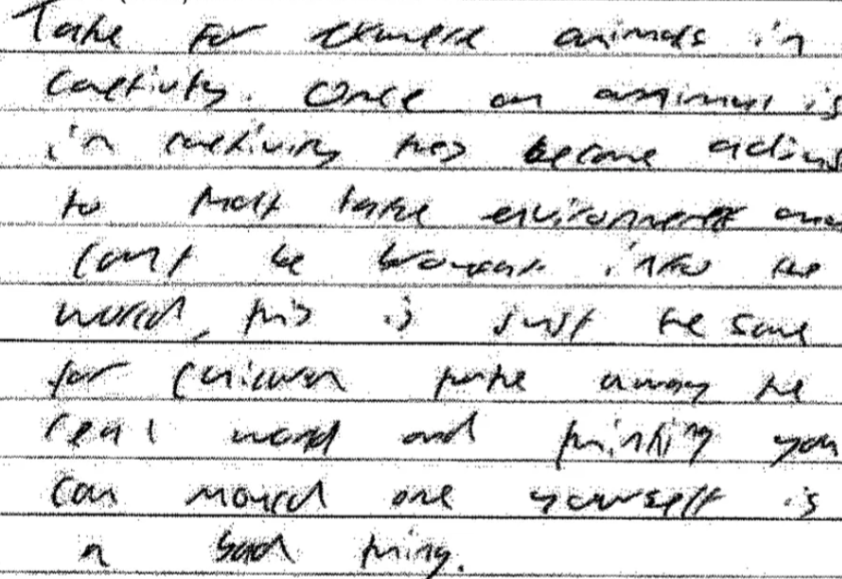

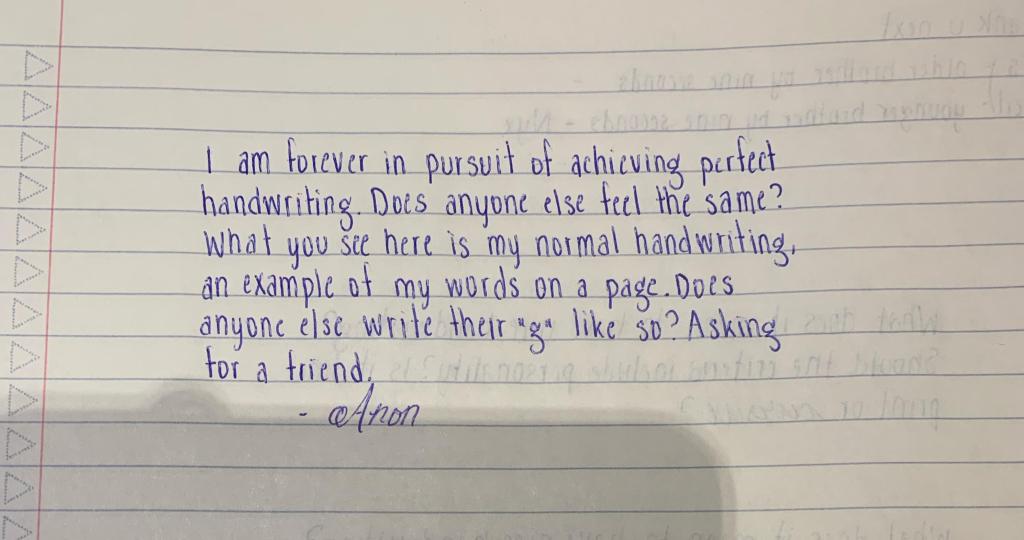






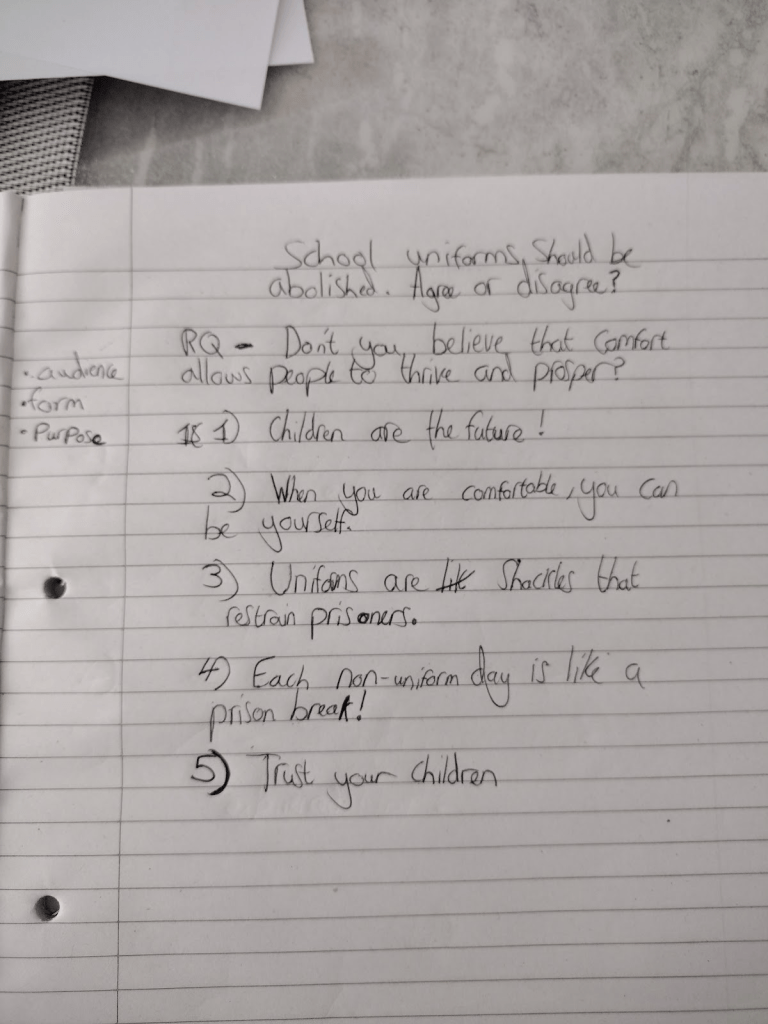









You must be logged in to post a comment.